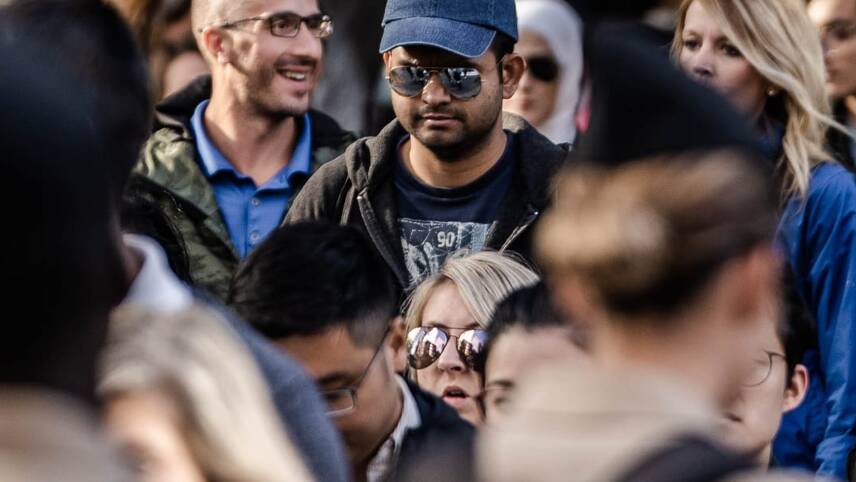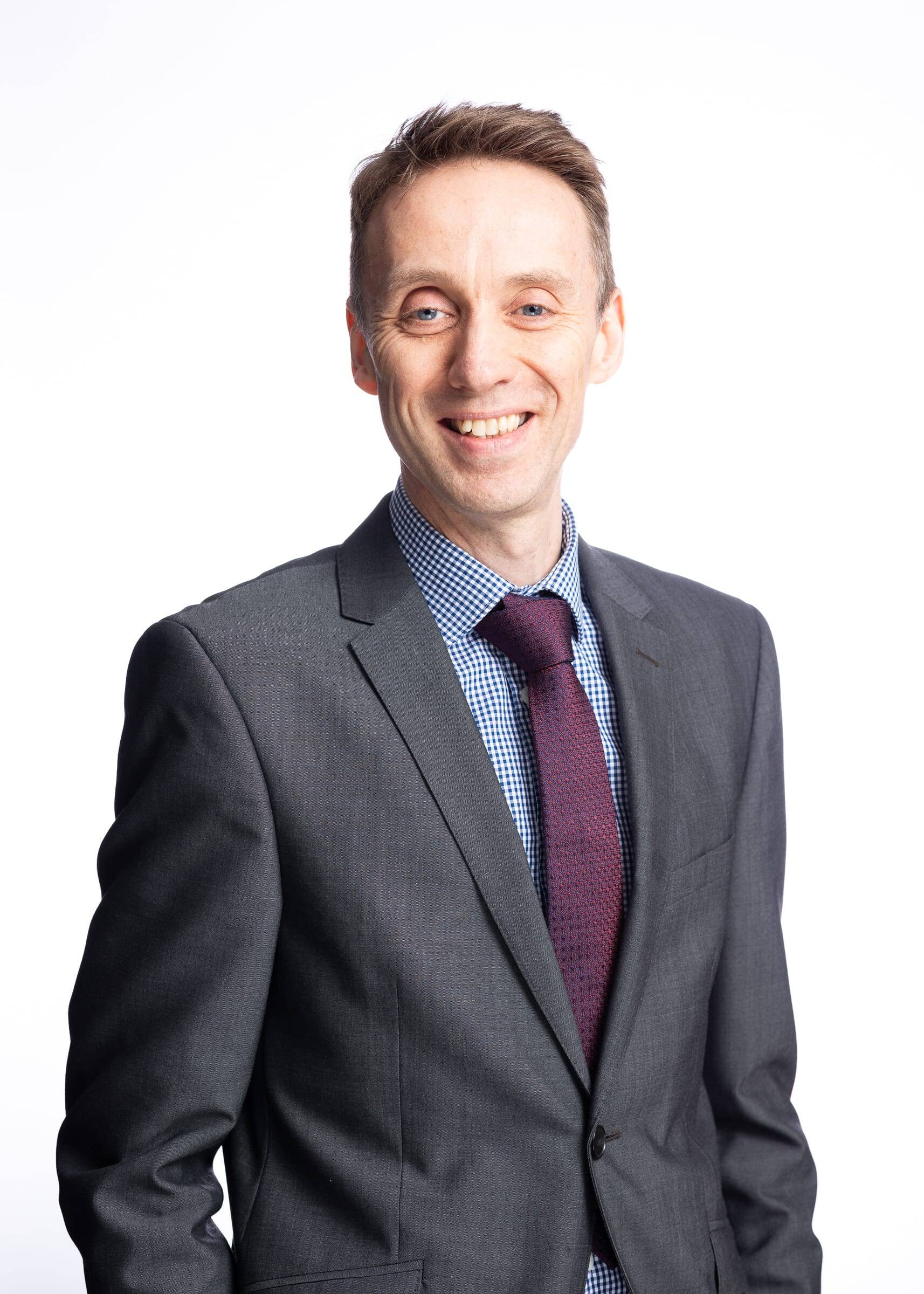You’ve reached your limit!
To continue enjoying Utility Week Innovate, brought to you in association with Utility Week Live or gain unlimited Utility Week site access choose the option that applies to you below:
Register to access Utility Week Innovate
- Get the latest insight on frontline business challenges
- Receive specialist sector newsletters to keep you informed
- Access our Utility Week Innovate content for free
- Join us in bringing collaborative innovation to life at Utility Week Live

Research by the Fuel Bank Foundation has found that only 9 per cent of customers would contact their utility supplier if they were struggling to pay their bills – with the majority more likely to speak to a charity or local organisation. The foundation’s chair of trustees, Matt Cole, reflects on how the sector can forge innovative two-way partnerships to drive a real step change for customers.
 Nobody can dispute the fact that apple pie and custard are the perfect partnership. Except in the part of Yorkshire where I grew up where you would get a few disapproving looks and an odd grumble when asking for custard since the proper partnership for apple pie is a chunk of Wensleydale cheese.
Nobody can dispute the fact that apple pie and custard are the perfect partnership. Except in the part of Yorkshire where I grew up where you would get a few disapproving looks and an odd grumble when asking for custard since the proper partnership for apple pie is a chunk of Wensleydale cheese.
And this is what we explored at the recent Utility Week Consumer Vulnerability & Debt Conference where we discussed how really left-field thinking can lead to innovative and creative partnerships can drive a real step change for customers, as well as for charities and for the companies that supply them with essential services.
Notwithstanding the financial challenges across the utilities brought about by increased competition, the pandemic, and the downward pressure on margins, investing in true two-way partnerships today with charities can deliver essential insight that provides the case to develop new and improved propositions that will meet the needs of specific client groups.
This not only provides a point of differentiation, in particular for people who in the past were hard to engage with, it also can tick a regulatory box or two, which is never a bad thing either. If there are experts who deeply understand health or poverty or indebtedness, there is so much value in the utility partnering with that expert rather than trying to become an expert themselves. And sometimes these experts may not be well known or may not have a national presence, but an expert all the same they are. Understanding who the experts are who understand your customer base better than you is key.
Utilities do some amazing things and deliver outstanding services for some of the most vulnerable. The problem is that some folk – especially those in crisis – won’t necessarily want to talk with their utility provider. Some recent Fuel Bank research highlighted that only 9 per cent of people who had got to the point of having no money to keep the lights on or the gas flowing would pick up the phone to their supplier.
The other 91 per cent will talk to organisations in their local community and charities. And it’s these bodies who already have a relationship with your customer, understand the challenges they are facing and in reality are probably already on first name terms and are unpicking and resolving a number of their issues already. Partnering with them – even if they are not the typical partner for a utility to have – to allow better access to services, makes common sense.
During the day we were reminded of one of the first charity/utility partnerships when Douglas Macmillan handed out bags of coal in 1911 to cancer patients. Long before outcome-based regulation a bit of lateral thinking led to a partnership that ensured that people who were really ill were kept warm.
It’s this kind of innovation that we must emulate time and time again, where utility and charity come together and deliver something better than could be delivered in isolation. And this inspires me to keep innovating, to encourage charities and utilities to work increasingly closer, and to deliver some absolutely impactful change to some of the most vulnerable.
Oh, and try Wensleydale cheese. You won’t go back to custard.
Matt Cole is a freelance consumer champion, chair of trustees at the Fuel Bank Foundation, and a member of SPEN’s Customer Engagement Group




Please login or Register to leave a comment.